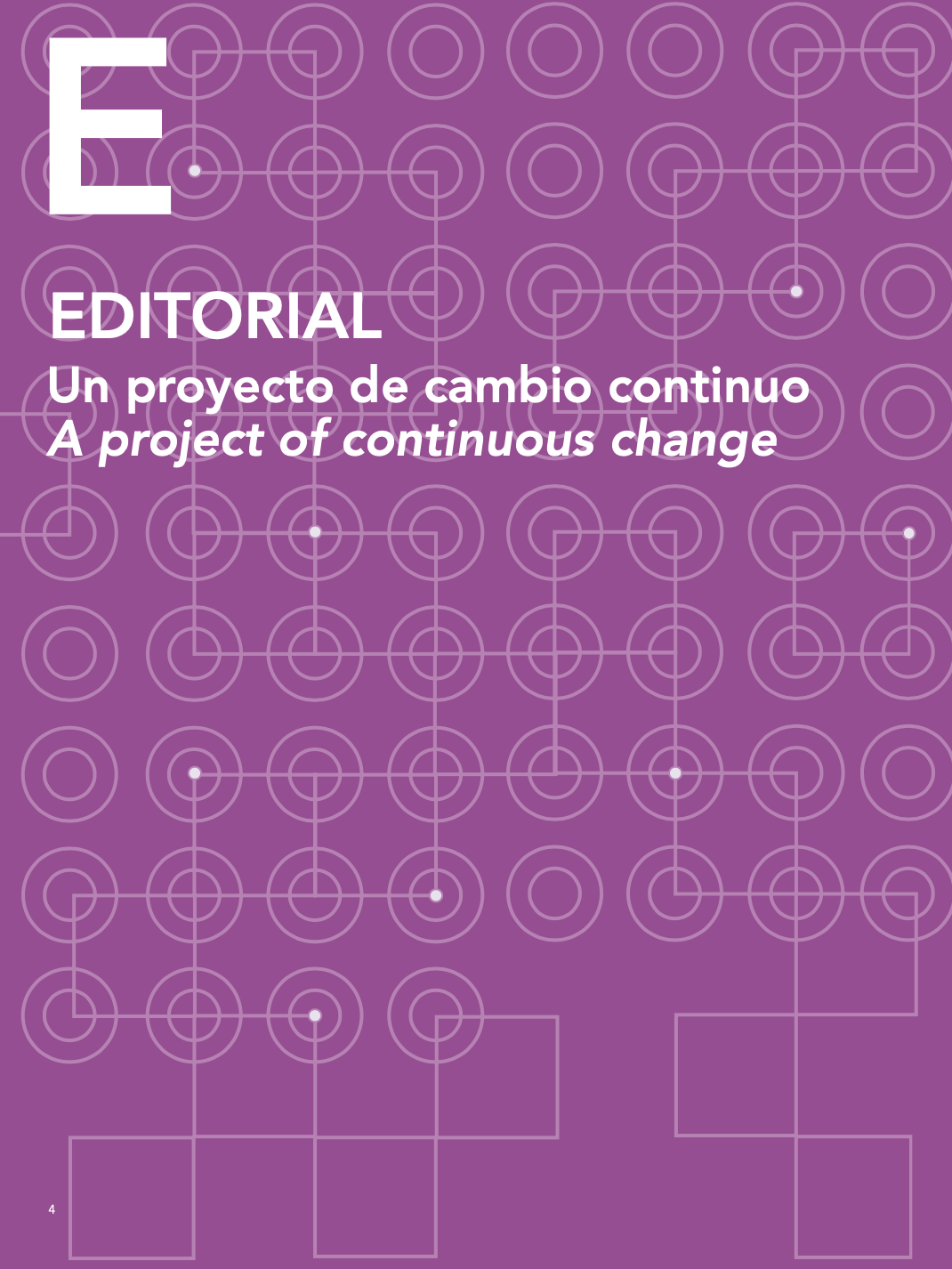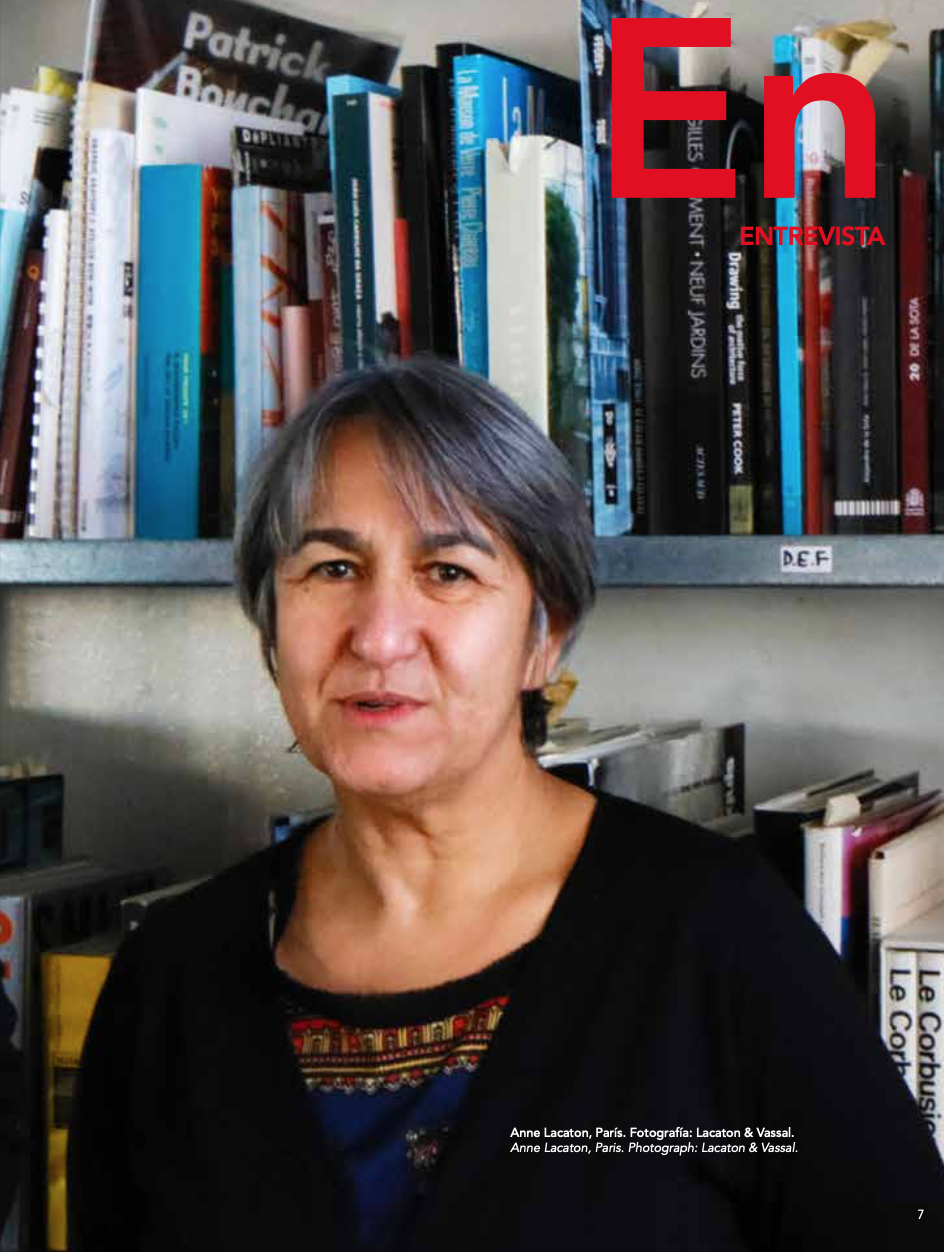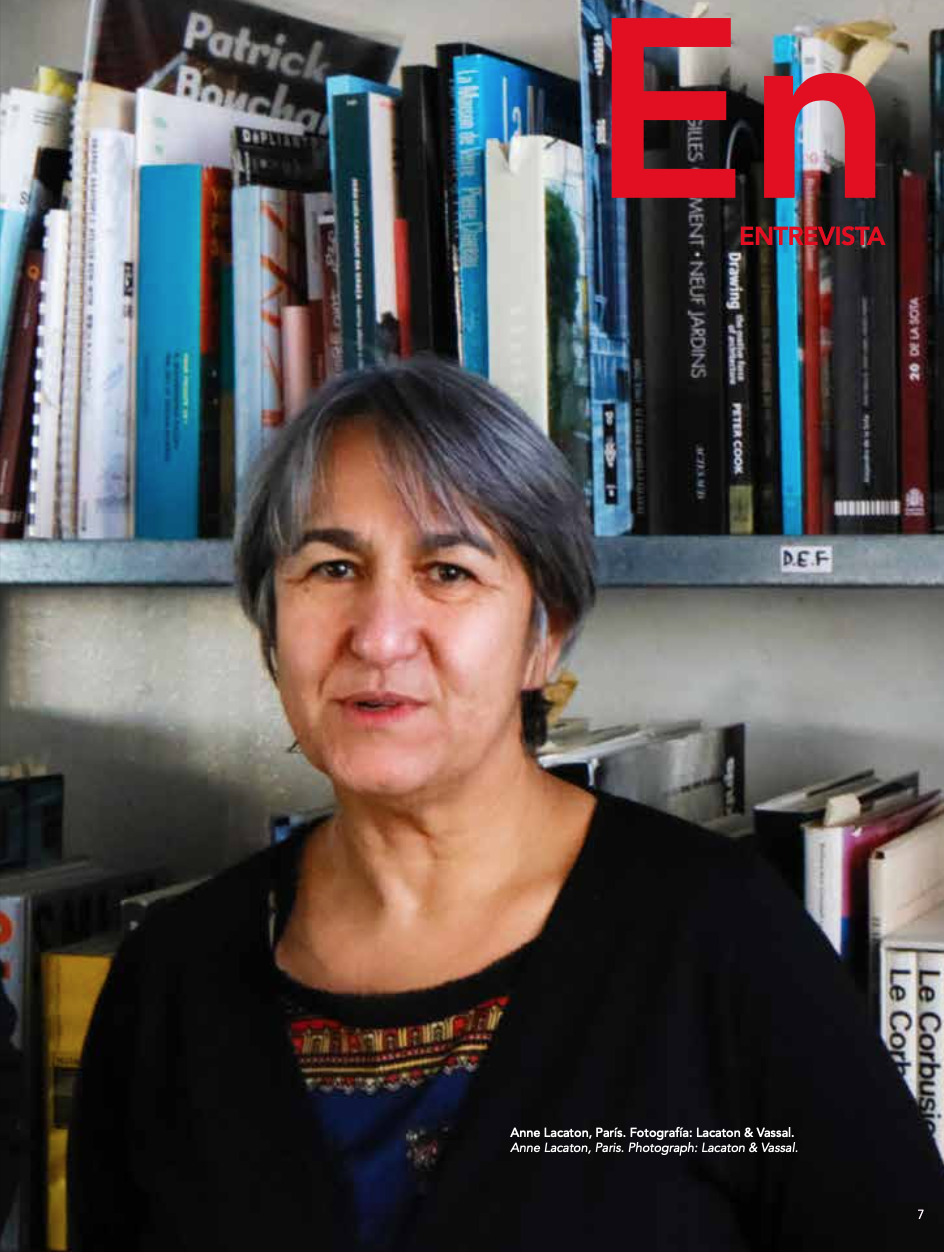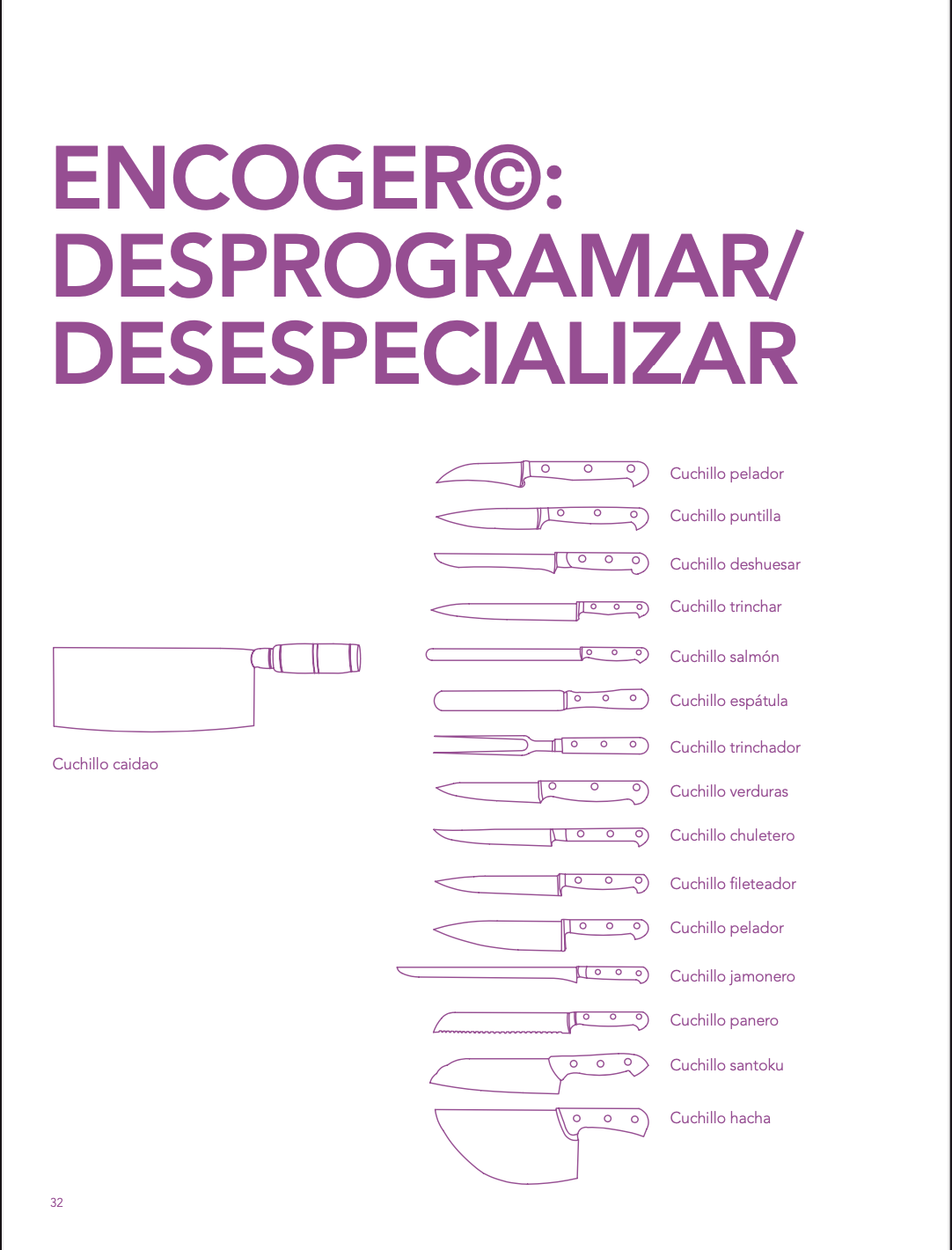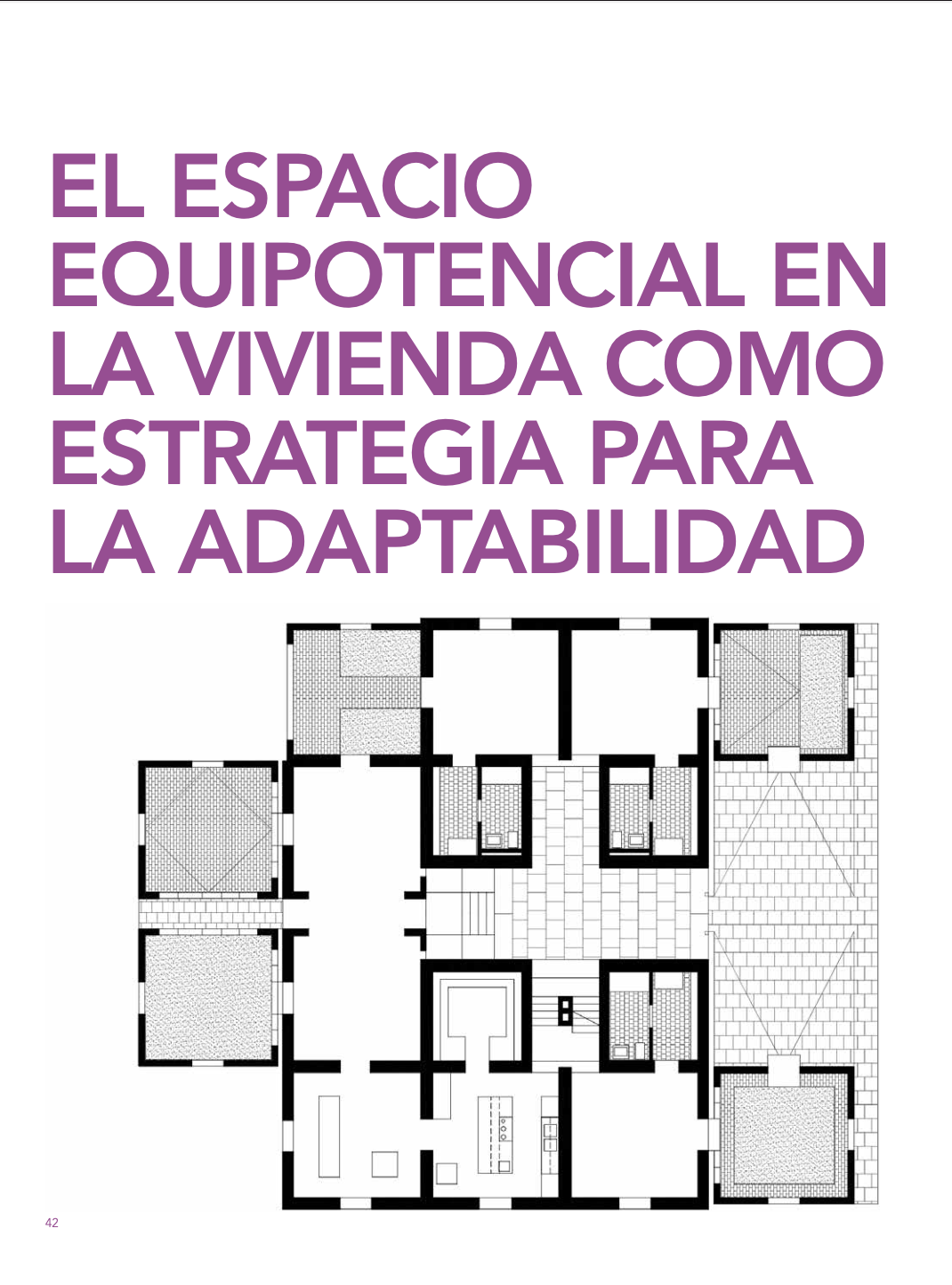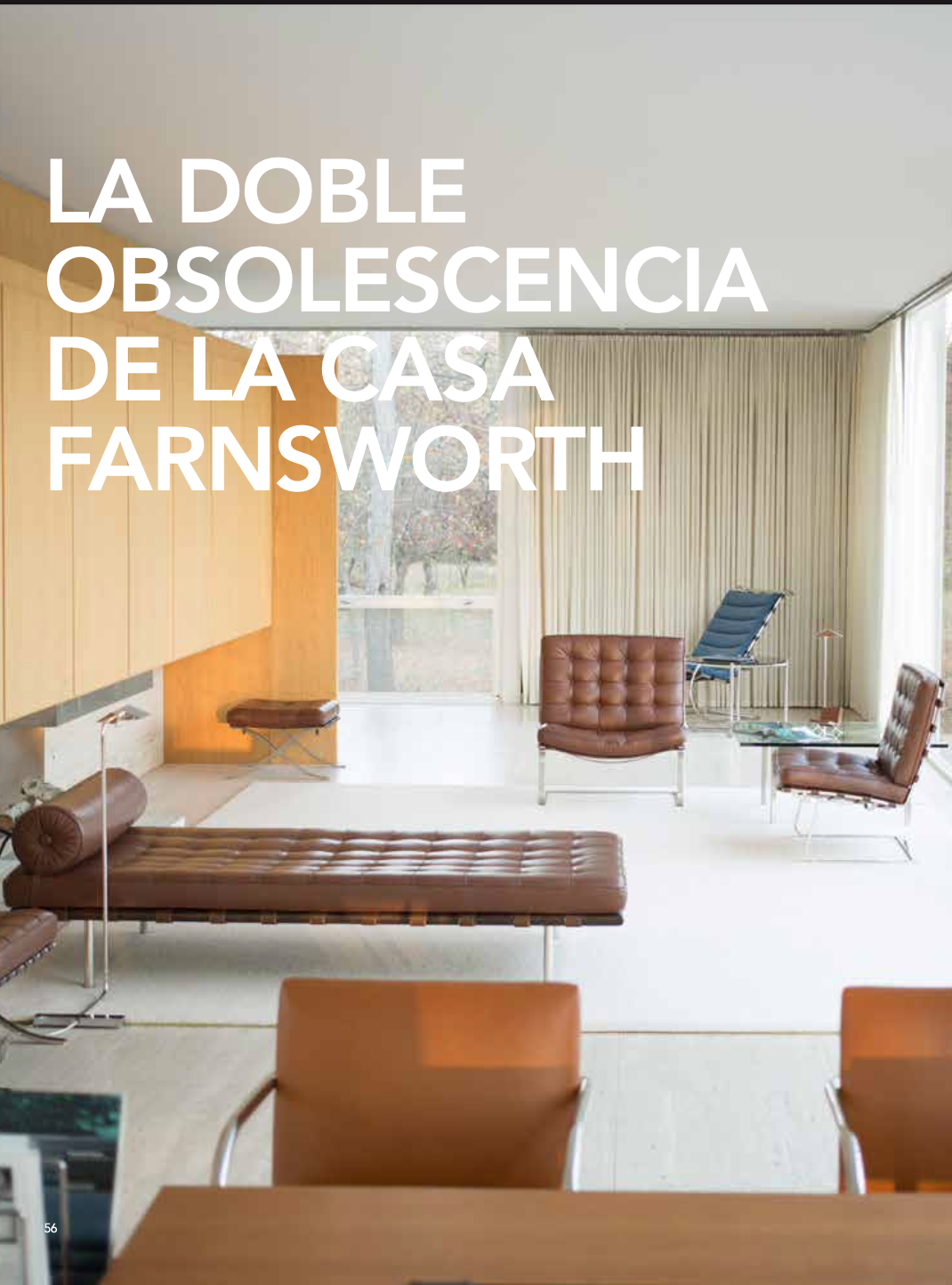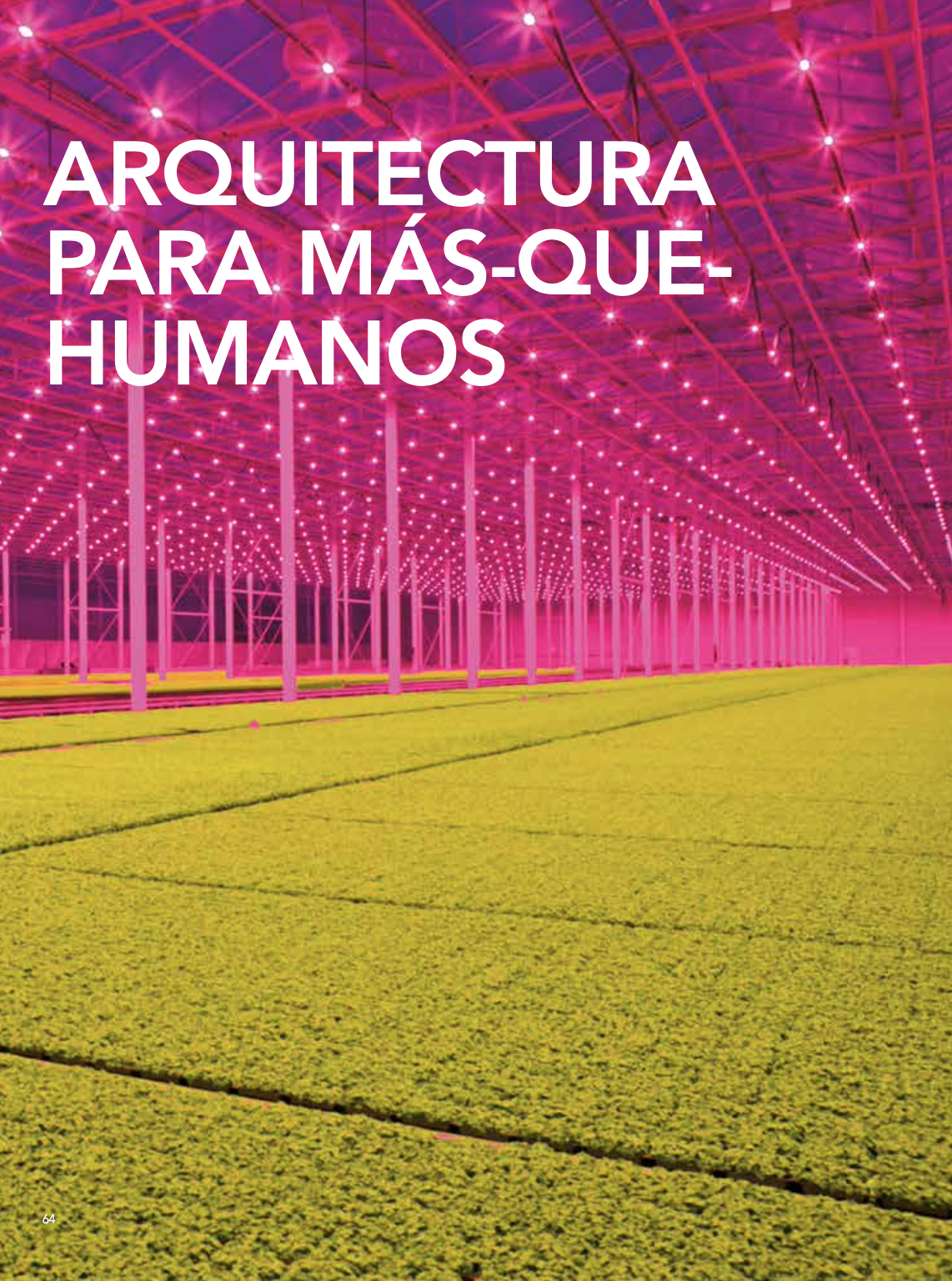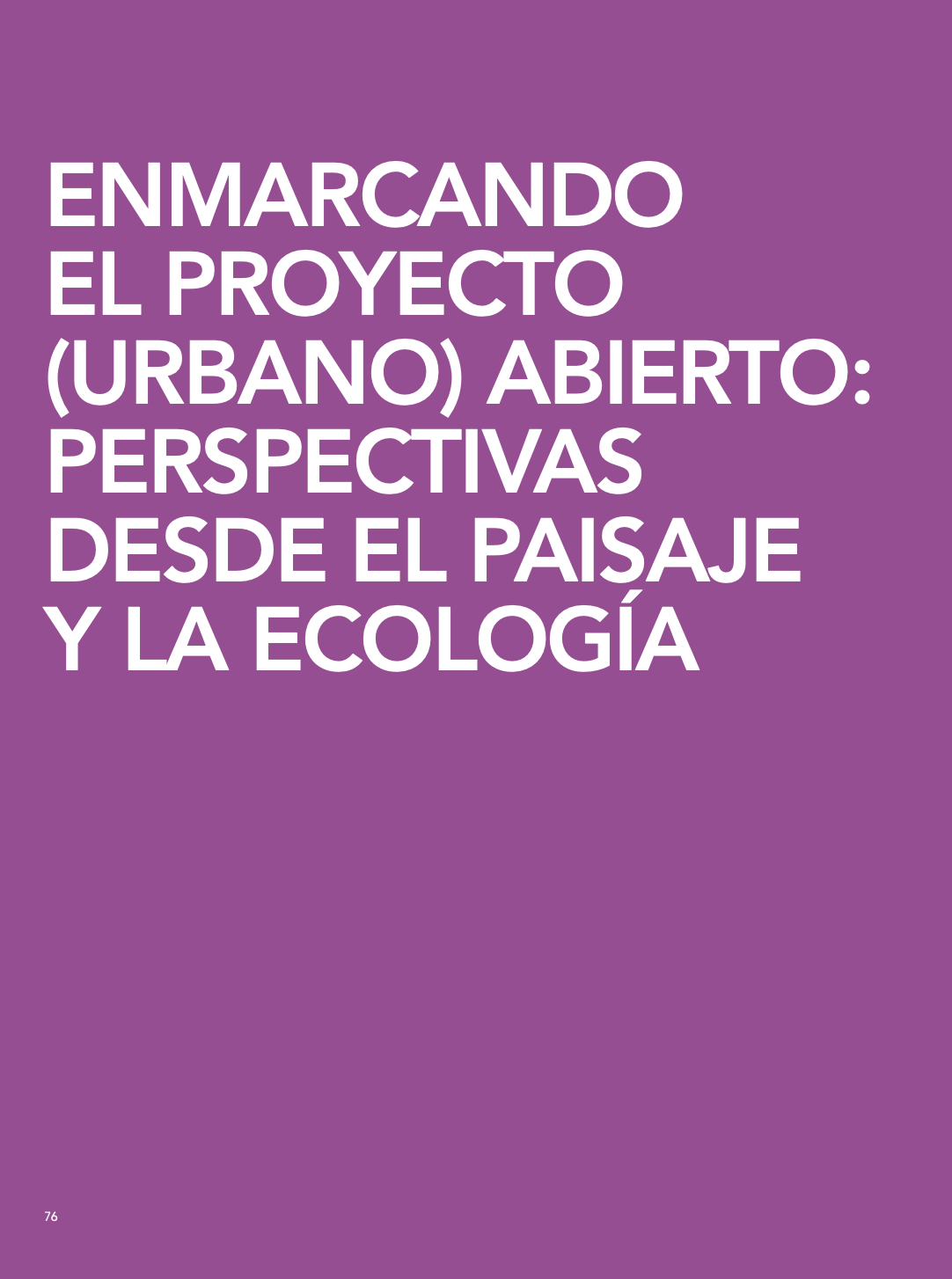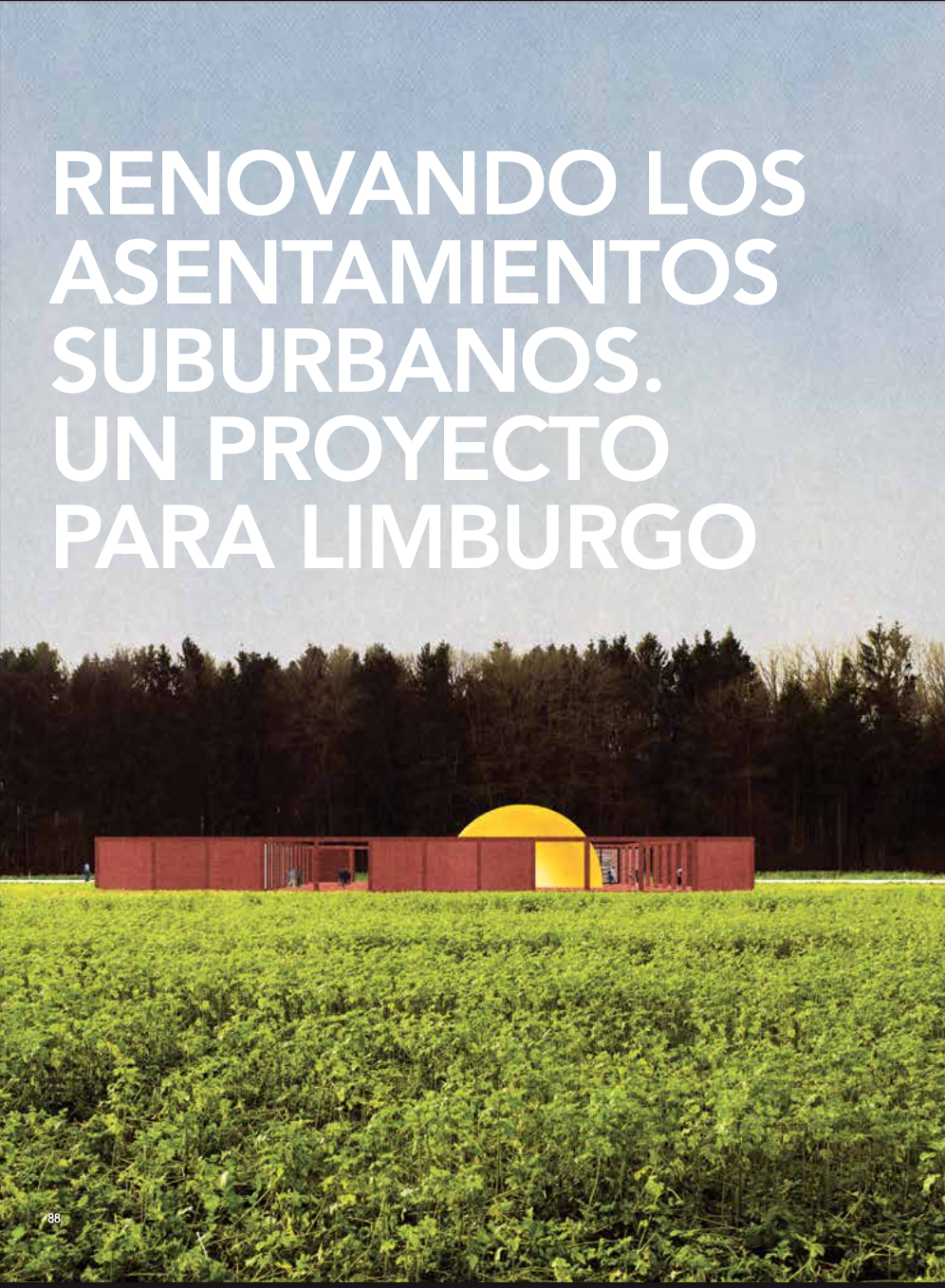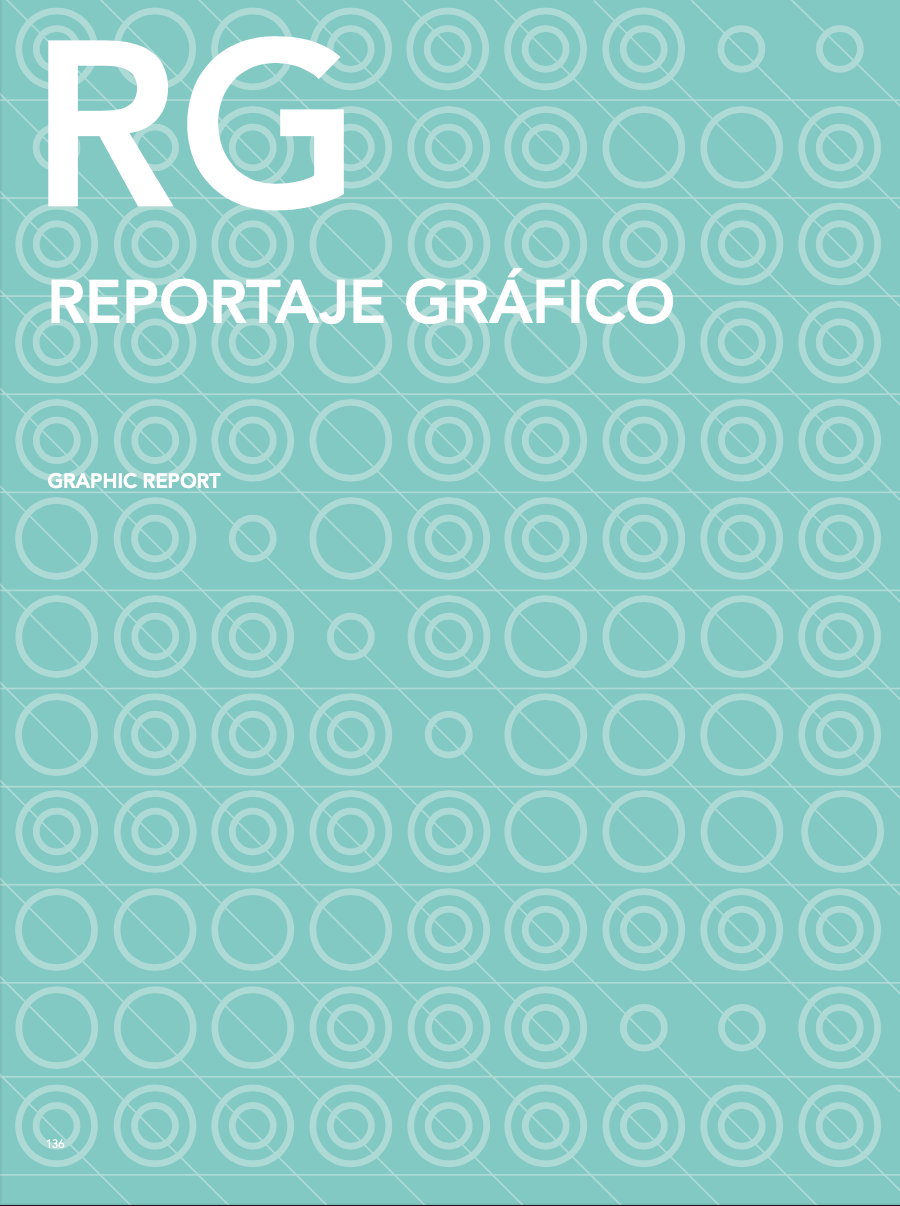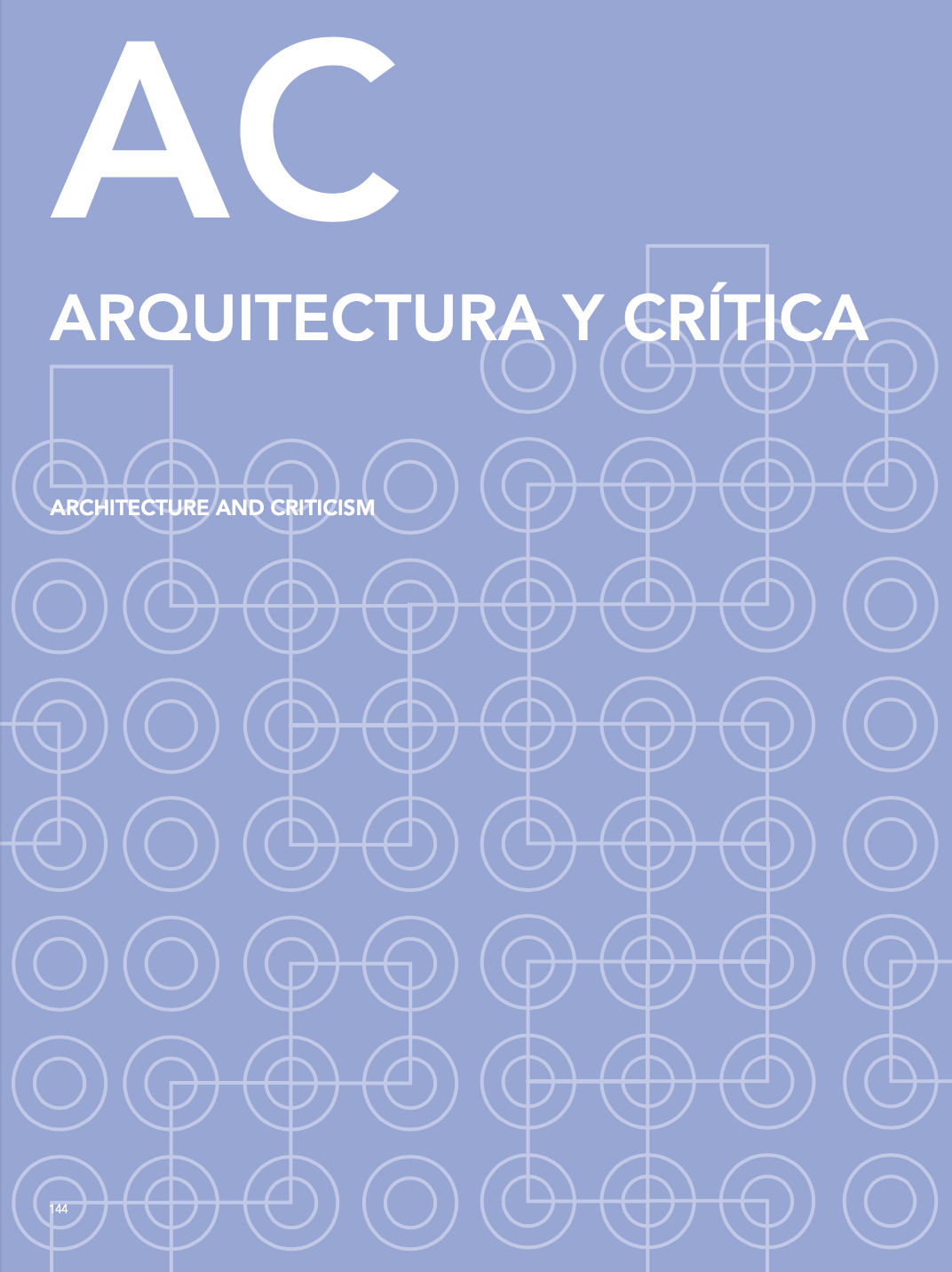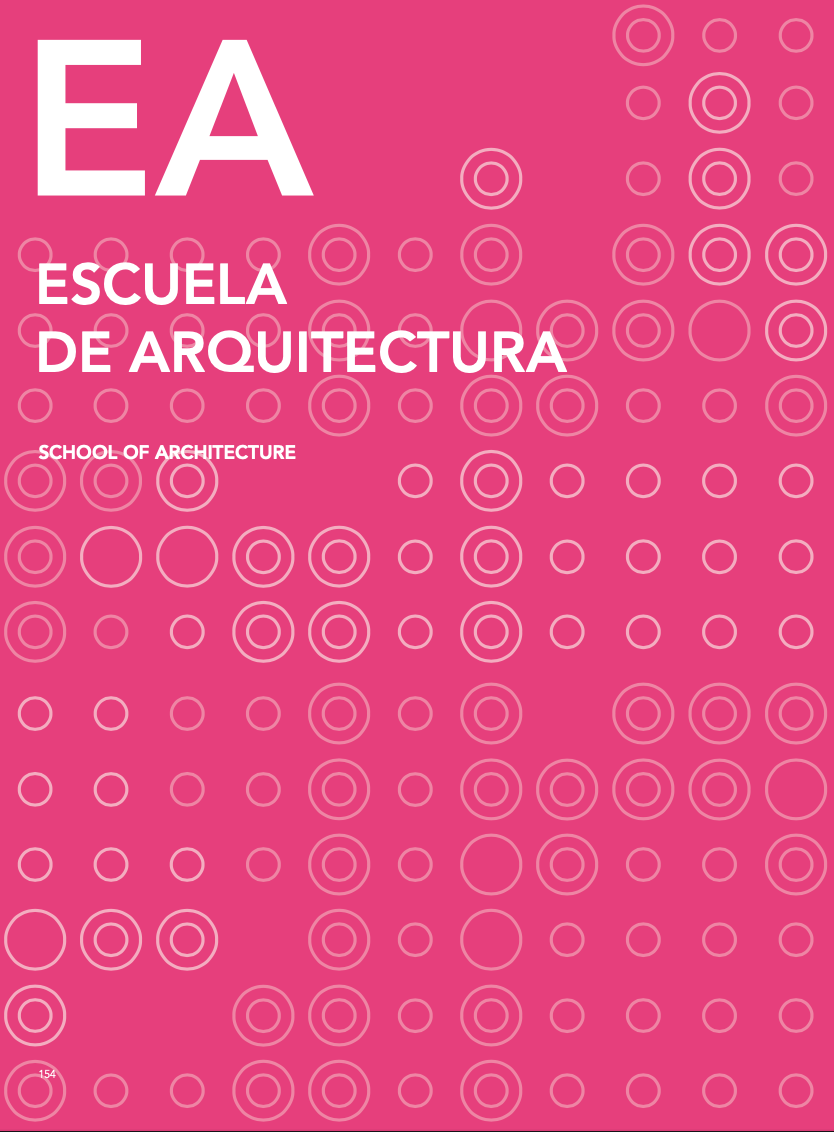
This issue of Materia Arquitectura revolves around the notion of the open project. Guest editor José Mayoral Moratilla argues that the inevitable obsolescence of architectural spaces forces us to conceive the project as an open process that incorporates unpredictable parameters. This issue's interviewee, Anne Lacaton, proposes strategies for generating spaces that allow for uses other than those required by the programme. The articles in the dossier offer different perspectives on the open project. Federico Soriano and Dolores Palacios explore a strategy, deprogramming, which consists not only in disarticulating the relationship between spaces and uses, but also in making the conditions of specialisation and specificity of the systems of order disappear. José Luis Bezos, for his part, explores the "equipotential space", a configuration that favours open logics of relations between spaces, making housing available for adaptability. Víctor Navarro and María Langarita, analysing the way Edith Farnsworth lived in her iconic home, conceive an organic and non-binary design strategy that proposes a more complex and asymmetrical coexistence than the obsolete/updated dichotomy. Marina Otero, on the other hand, warns that the architecture of full automation renders many human tasks and production spaces obsolete, and may also render obsolete the way we conceive of architecture. Jeannette Sordi examines four landscape projects developed over the last decade to reflect on the open project in urban design. Finally, Pier Vittorio Aureli and Martino Tattara analyse a design research project that proposes to rethink living and working conditions and explores the potential of landscape resources to restructure territories.
Guest Editor José Mayoral Moratilla
DOI: https://doi.org/10.56255/ma.v0i18
Published: 2018-12-25
